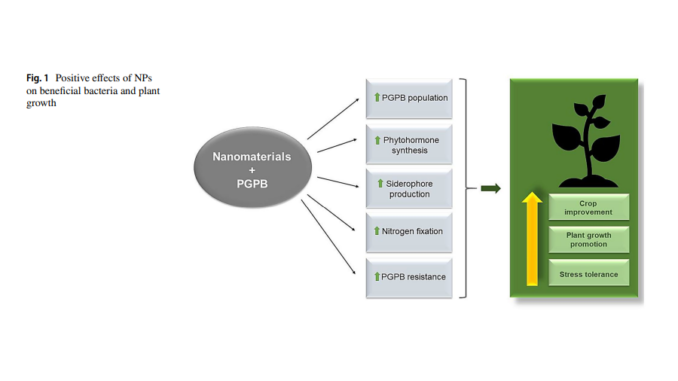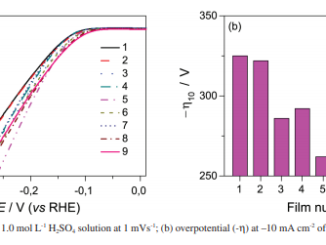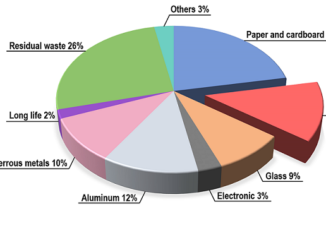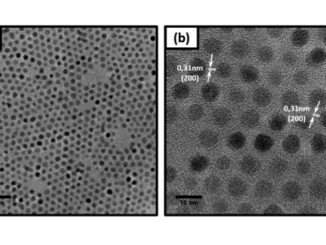
The potential of nanomaterials associated with plant growth-promoting bacteria in agriculture
Abstract: The impacts of chemical fertilizers and pesticides have raised public concerns regarding the sustainability and security of food supplies, prompting the investigation of alternative methods that have combinations of both agricultural and environmental benefits, such as the use of biofertilizers involving microbes. These types of microbial inoculants are living microorganisms that colonize the soil or plant tissues when applied to the soil, seeds, or plant surfaces, facilitating plant nutrient acquisition. They can enhance plant growth by transforming nutrients into a form assimilable by plants and by acting as biological control agents, known as plant growth-promoting bacteria. The potential use of bacteria as biofertilizers in agriculture constitutes an economical and eco-friendly way to reduce the use of chemical fertilizers and pesticides. In this context, nanotechnology has emerged as a new source of quality enrichment for the agricultural sector. The use of nanoparticles can be an effective method to meet the challenges regarding the effectiveness of biofertilizers in natural environments. Given the novel sustainable strategies applied in agricultural systems, this review addresses the effects of nanoparticles on beneficial plant bacteria for promoting plant growth.
Author(s): Moraes, A.C.P.; Ribeiro, L.S.; Camargo, E.R.; Lacava, P.T.
3 Biotech
Published: 09 June 2021
DOI: https://doi.org/10.1007/s13205-021-02870-0
CDMF
The CDMF, hosted at the Federal University of São Carlos (UFSCar), is one of the Research, Innovation and Dissemination Centers (RIDC) supported by the São Paulo State Research Support Foundation (Fapesp), and also receives investment from the National Council Scientific and Technological Development (CNPq), from the National Institute of Science and Technology of Materials in Nanotechnology (INCTMN).




